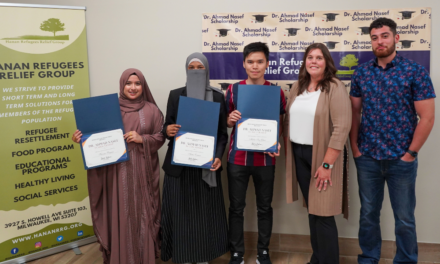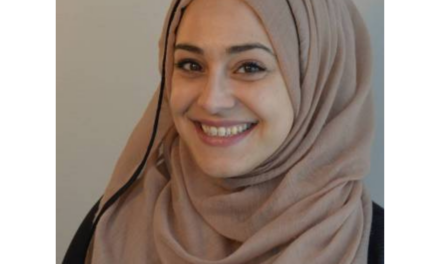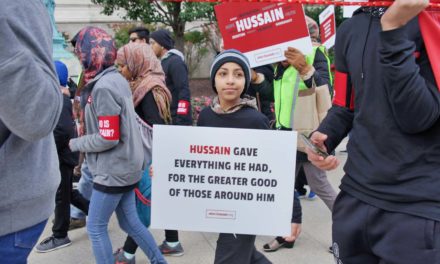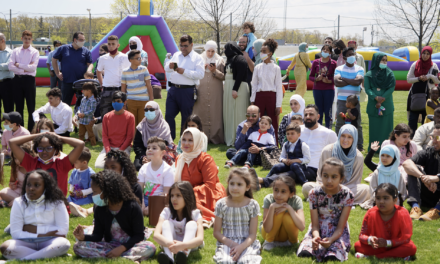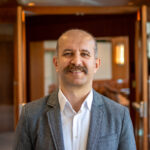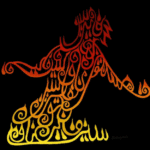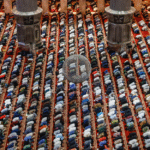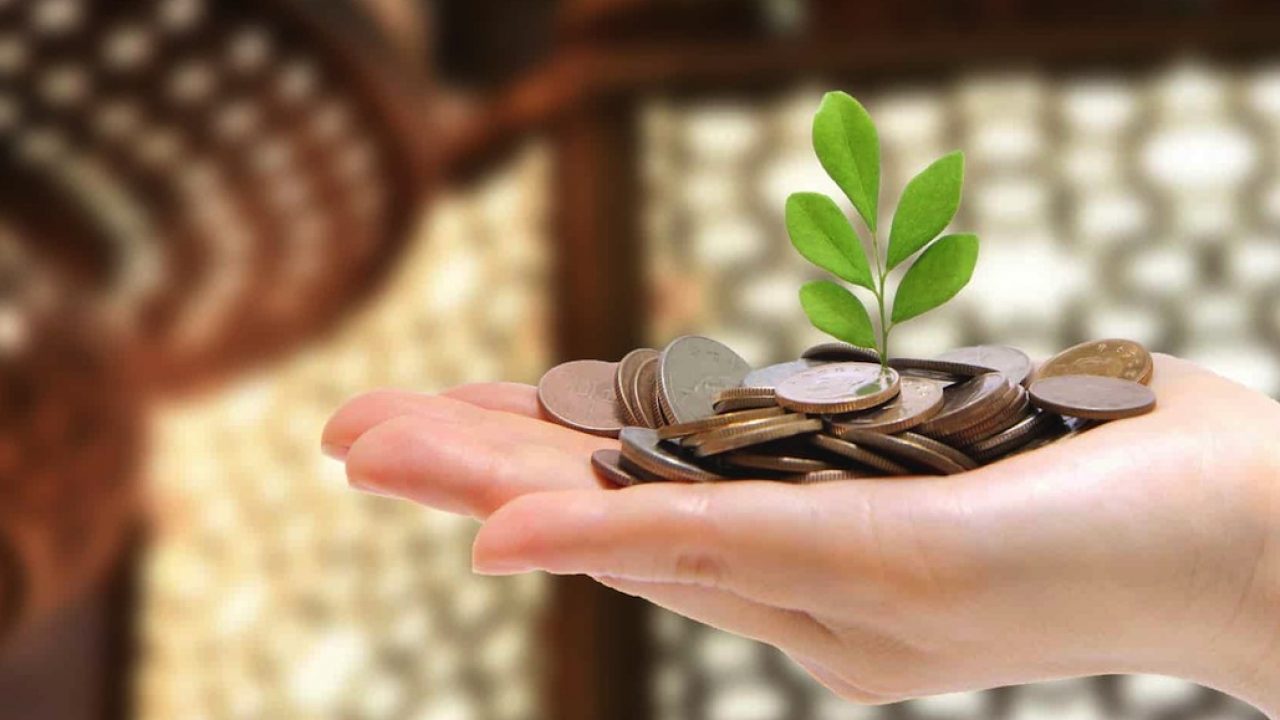
Masjid Al-Qur’an will host a seminar about zakat Saturday. [pixbay/stock image]
Zakat, the duty to give charity and one of the five pillars of Islam, raises many questions not every imam can answer, said Masjid Al-Qur’an Imam Hafiz Muhammad Shafique.
Should I pay zakat on a 401K? On my wedding ring? On my business inventory or on the money I lent to a friend? What if I have savings but also have a mortgage? Can I pay it to my brother or to my work’s matching fund for the earthquake victims?
“People ask us questions about so many scenarios,” Imam Shafique said. “But not all imams are experts in this area. Just like in the medical field, no doctor can answer questions about everything. You have to talk with the right specialist.”
Masjid Al-Qur’an will host a community seminar on zakat tomorrow evening (Saturday, March 18) at 7 p.m. with two eminent guest scholars who are well-trained in this topic, Shafique said. The free seminar, which includes dinner, will be held at Masjid Al-Qur’an, 11723 W. Brown Deer Rd., Milwaukee.
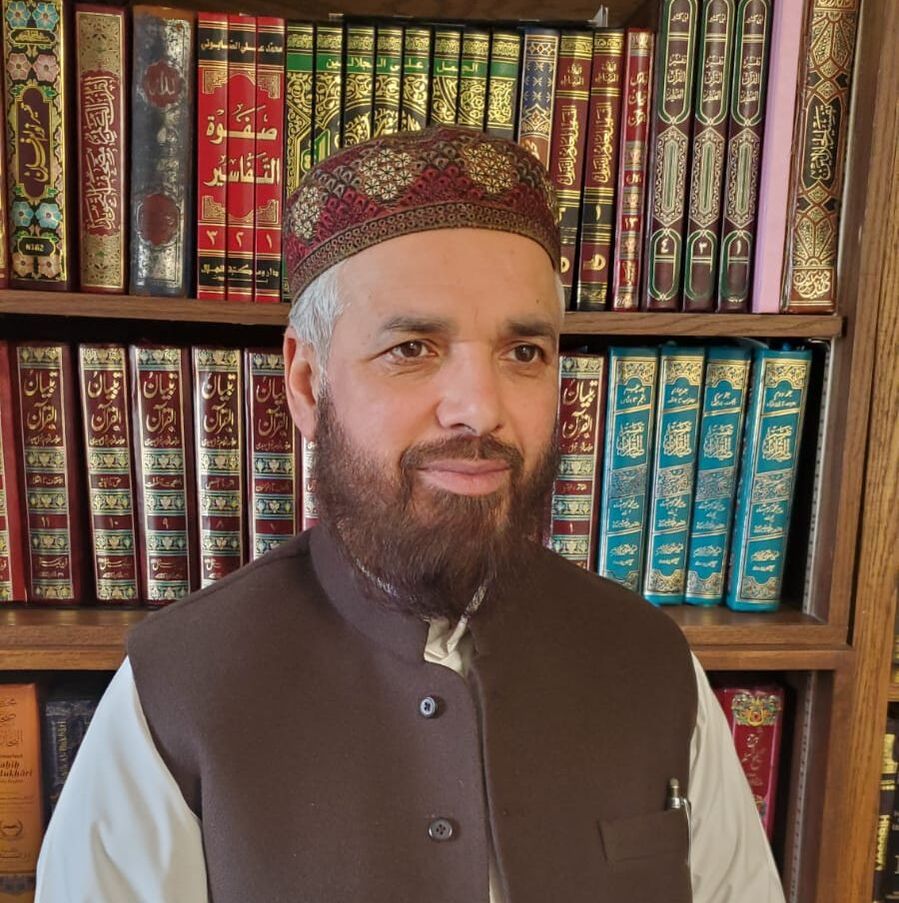
Imam Hafiz Muhammad Shafique
It’s a good time for this seminar because the majority of people prefer to give zakat during Ramadan, which begins next week, Shafique added. “If you fulfill any obligation during Ramadan, it is promised that the reward will be multiplied.”
Register for Saturday’s community seminar on zakat here.
Discussing zakat with Imam Hafiz Muhammad Shafique
Wisconsin Muslim Journal interviewed Masjid Al-Qur’an Imam Hafiz Muhammad Shafique recently about zakat and tomorrow’s community seminar. Here are the highlights:
What is zakat?
Zakat is charity that is obligatory upon Muslims who are the owners of a certain amount of savings. How to define the amount is one of the topics the experts will talk about.
Who are the guest experts who will answer questions at the seminar?
We have invited two scholars, Shaykh Tarek Elgawhary, Ph.D., and Shaykh Watheq Alobaidi, Ph.D., both leaders in their fields and experts on zakat.
Shaykh Tarek Elgawhary, Ph.D., is a scholar of Islam and comparative religions who studied at both Princeton and al-Azhar Seminary. Shaykh Elgawhary is founder of the “Making Sense of Islam” platform, which offers courses and a podcast. He is the resident scholar at the Islamic Community Center of Potomac and an instructor at the Medina Institute USA, a private institution in Duluth, Georgia, teaching traditional Islamic Sciences.
Shaykh Watheq Alobaidi, Ph.D., holds a master’s degree in Islamic Jurisprudence from the University of Baghdad and a doctorate degree from American Open University. Dr. Alobaidi has served as an imam in the largest mosque in Iraq, the Abu Hanifa Mosque. He was also head of Abd al-Qadir al-Kilani School, the largest Islamic school in Iraq, and imam at the Islamic Center of Tucson in Arizona. He is currently an instructor in American Open University’s Department of Arabic Language, imam at the Muslim Community Center of Tucson and a professor of Islamic Studies at the Graduate Theological Foundation, an ecumenical and interreligious non-profit educational foundation in Indiana.
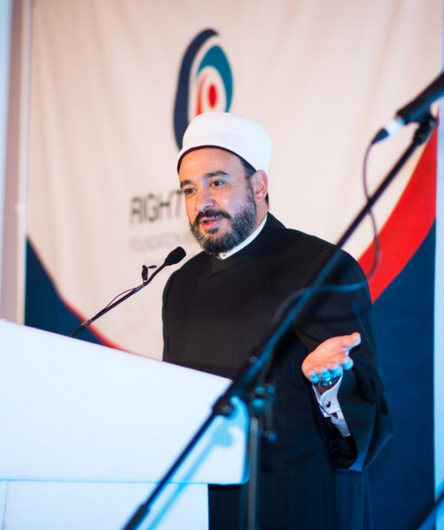
Shaykh Tarek Elgawhary, Ph.D.
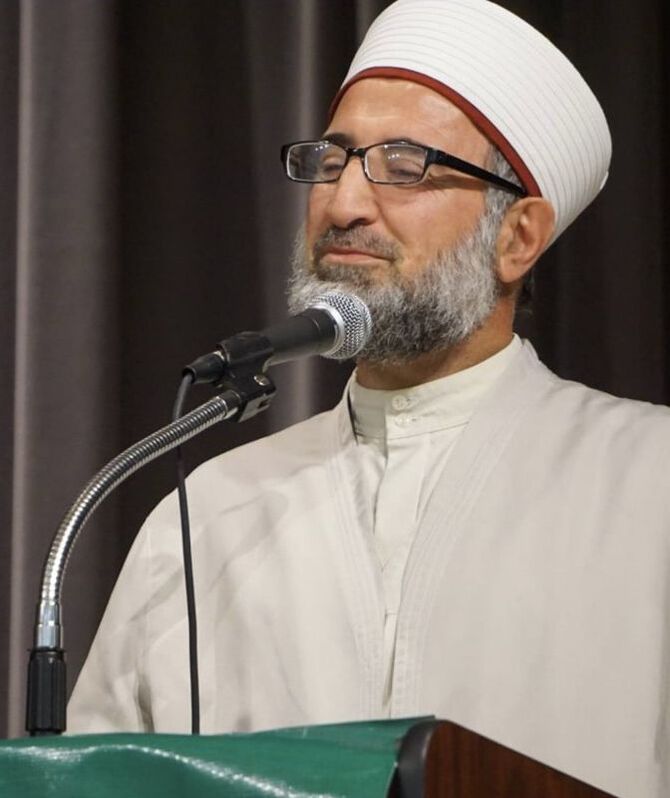
Shaykh Watheq Alobaidi, Ph.D.
Why do you think this seminar is needed?
It is obligatory upon Muslims who have the minimum required amount of savings to learn the rulings of zakat. One cannot just say, ‘I don’t know the rulings.’ You can’t fail to pay all your zakat because you don’t know how much to pay, because you failed to do your homework. It is the responsibility of every Muslim once they reach the age of puberty to learn about zakat.
Yet, a lot of people in the community don’t know the rulings. It is not something we discuss often. When we don’t know, we should reach out to scholars.
Having a seminar has additional benefits. You may benefit from hearing a question someone else asks. You did not have it in mind but the answer is something you need to know. And you may have something to share that will benefit another person.
Who is obliged to pay zakat?
All believers who have a certain amount of savings that they have had over the year are obliged to pay zakat. The majority of us in Milwaukee’s Muslim community are obliged to pay zakat. Even our children who have reached puberty often have the minimum required savings to be obligated to pay zakat. (Imam Shafique provided a rough estimate of the minimum amount that obliges one to pay zakat: the equivalent value of 612 grams of silver. “I checked yesterday and it was around $450,” he said.)
To whom should we pay zakat?
There are eight categories mentioned in the Qu’ran. Among them are those who do not have enough money to meet their needs, travelers who lost their money or had some calamity and cannot continue their journey, students who can’t afford to pay their tuition or buy books and other causes that serve humanity.
How should we pay zakat?
The best way to pay is with your own hand. You are reaching out to someone in one of the appropriate categories and making them the owner of the money you are giving them.
Other than your own parents and children, you may pay it to a relative. For example, you may have a sibling who is struggling. You will be double rewarded because you are both paying zakat and taking care of your kin.
You may give zakat to your immediate neighbors or anyone in the neighborhood you know has need. This is also highly rewardable.
If you can’t pay with your own hands, then you must find reliable people who will make sure your zakat reaches the right recipients, like victims of natural disasters or wars. Some people have contributed to digging wells in Africa and Asia, in areas where people struggle to have clean water.

[pixbay/stock image]
What do you hope this seminar will accomplish?
Zakat is so important that in the Holy Quran, there are many verses where almighty God commands it. Zakat is not a choice; it is something we must do and we must do it right. We cannot make up our own rules about zakat. We must follow the tradition of the Prophet, peace be upon him.
All imams can probably answer the basic questions about zakat, but our financial lives today are sometimes complex. This seminar presents an opportunity to have questions answered and to benefit all who want to learn.
Register for Saturday’s free community seminar on zakat here.
